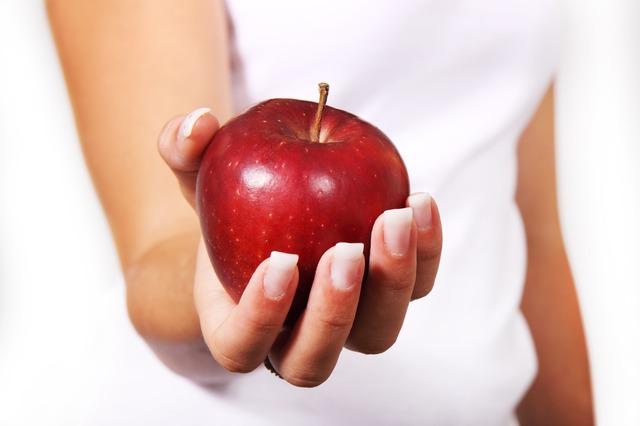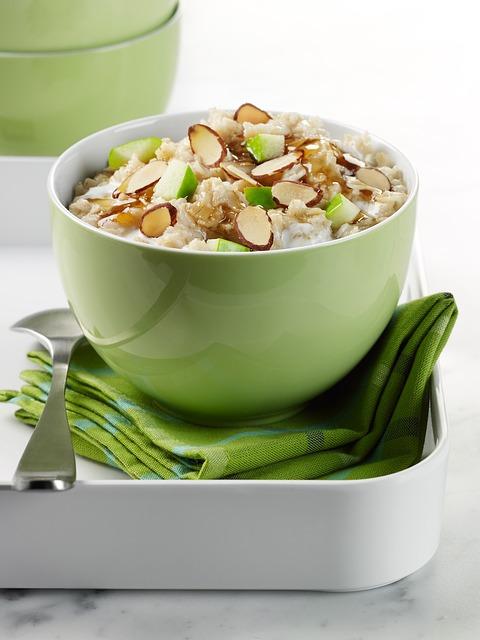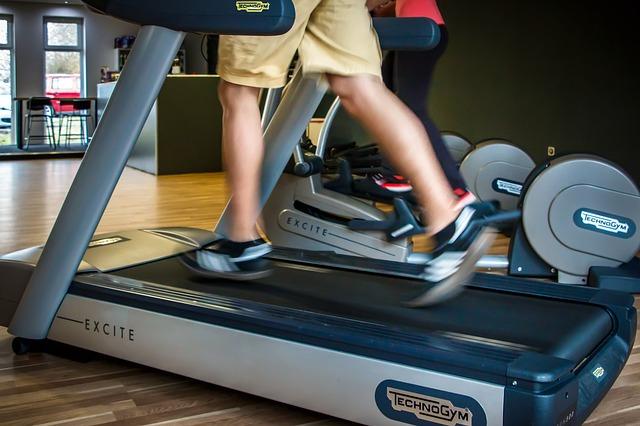Archive for January 2017
Portable Health: Using Snacks to Stay Stable
Blood sugar is a balancing act
Your cells need glucose to function- this is an indisputable fact, and the most direct way to get your body glucose is through carbohydrates. If we don’t have enough, we feel low, light-headed and dizzy which makes us unproductive and irritable- veritably “hangry.” When we have too much, the body goes into insulin-producing overdrive causing the body to uptake and exhaust glucose supplies quickly, leaving us exhausted- the veritable “sugar crash.” As with everything in life, we need balance! A great way to do this is with a snack.
Snacking is important for the busy individual
Make no mistake: meals are more important. Eating three balanced meals a day is the best way to regulate blood sugar levels and perform your best at all times. However, snacks have a place too: in between meals. They are useful because they help regulate blood sugar, keep hunger at bay and prevent the release of stress chemicals in the brain. The key here: as long as you snack properly.
But snacking is an art, and it takes a refined touch
Let’s put together a toolkit for the perfect snack:
- Avoid refined sugar and saturated fat
- Remain within 150-200 calories
- Healthy mix of carb, protein and fat: carb for energy, protein and fat also for energy but also to sustain and prevent a spike.
- Nutrient density
Snacking should be tasty. Here are some of our favorites
- Trail mix
- Hard-boiled egg with hummus
- Apple and peanut butter
- Turkey and low-fat cheese
Have fun with it and remember, the point is to prosper throughout the day! Listen to your body and if you are on the verge of feeling low, get yourself a healthy snack!
Dr. Gregory Lind, D.C.
Breakfast Amidst a Busy Schedule
Breakfast is a sensitive subject
You have no time for breakfast and you are never hungry in the morning. Perhaps your brain and body have gotten used to going without a morning meal- they have forgotten what it feels like to be fed between 9 and 12. Whatever the case, breakfast is a casualty of the busy lifestyle and often we end up gorging ourselves later or opting for something insufficient (such as a doughnut) to suffice in its place.
What you forego when you forget about breakfast:
- Metabolism gains: leading to less calories burned throughout the day.
- A substantial boost in energy: breaking the fast can also be a time to power up your morning with an energy-rich diet.
- Stabilizing blood sugar levels: glucose levels need to be restored in the blood to prevent feelings of “hangriness.”
- A chance to regulate stress hormones: cortisol levels are often at their highest around 7 AM and eating a balanced breakfast helps to lower them.
A breakfast challenge
So here’s our challenge: can you carve out ten minutes (or less) in the morning to chow down on one of these delicious, easy recipes?
- Apples and peanut butter
- Oats and yogurt (and strawberries)
- Toast, avocado and egg
Even pre-packaged protein bars can give you a healthy boost that will keep your satiated and productive until lunch time. For the busy person, focus on getting between 300 and 500 calories of good fat, protein and fiber in your mornings!
Dr. Gregory Lind, D.C.
Breathing: For Better or Worse
What quality of breath are you drawing?
Many Americans practice chronic shallow breathing; this leaves us well short of our best when it comes to staying happy and healthy. Here are reasons why it helps immensely to relearn how to draw a good breath!
- Every single cell needs a constantly refreshing supply of oxygen to perform cellular respiration go about its daily business.
- We breathe up to 18 times a minute This translates to a lot of opportunities for you to get either not enough or just the right amount!
- Better circulation keeps you keep sharp and focused and your immune system and skin strong in their fight against bacteria and infection.
- Your heart rate will lowers and blood pressure will flow more evenly.
- Breathing thoroughly will detoxify your body
And these are only the physiological benefits! Deep breathing has been shown to make you feel calmer and happier.
It feels best when your lungs are getting their fill
This is a matter of using the diaphragm, the sheet of muscle that separates the thorax from the abdomen; the diaphragm is the main muscle involved in the breathing process- many people are unaware of this fact. When it comes to relearning how to breathe, it is best to start here.
Known most commonly as deep breathing, a diaphragmatic breath begins when you contract the diaphragm and air enters the lungs. In this way, the abdomen expands (rather than the chest) and oxygen saturates all of the necessary cells. Diaphragmatic breathing is the natural state of resting breath for mammals when they are relaxing in the wild.
Chiropractic helps make diaphragmatic breathing easier by adjusting nerve interference in the phrenic nerve, which is the main power source for the diaphragm located between C3 and C5 in the spine. We can help you relearn how to breathe and ensure that your diaphragm and the accessory breathing muscles are in great working order!
Dr. Gregory Lind, D.C.
The Real Value of Cardio
Cardio is exercise at its most basic: it is rhythmic and continuous; it gets your heart rate up and utilizes major muscle groups to burn calories. The reason it works for so many people is that it is relatively low intensity, requires next to zero knowledge and equipment, and conditions your heart to operate at a higher level. Check out our article on walking for some of the most basic health benefits you can get from aerobic exercise.
Cardio is one of the least efficient ways to burn calories.
If you are trying to lose weight however, your time and energy could be spent in better ways. Cardio lacks in efficiency because you burn a baseline of calories while working out and none after. Exercise Post Oxygen Consumption is a scientifically measured rate of elevated oxygen intake in the period after strenuous activity. Essentially the body is trying to erase its oxygen deficit and this afterburn effect helps you lose weight faster. Exercises such as high intensity interval training, while more difficult in nature, are much more efficient in the weight loss department. By constantly forcing your body and heart to adjust to different levels of intensity (think spring, jog, uphill, downhill), your metabolic rate remains elevated for a long time after workout.
If you love cardio, stick with it.
I would never tell you to stop doing something that is good for your body, especially if it is something you enjoy. This blog is simply to show you that if you are interested in losing weight, there are more efficient methods. In fact, combining weight training with aerobic exercise is one of the most efficient methods for burning calories (while simultaneously building muscle). Above all, eating well is the key to losing weight effectively. So keep doing what you love and come visit us if you are looking to optimize your health plan this new year!
Dr. Gregory Lind, D.C.



